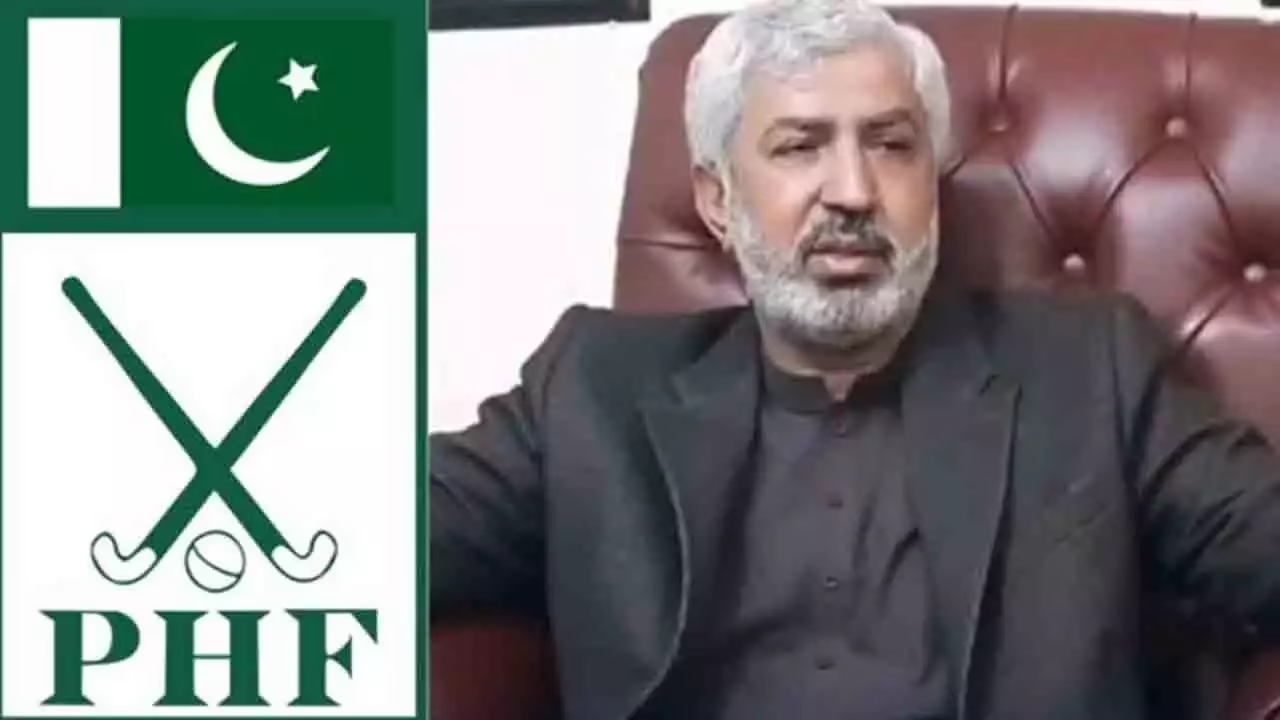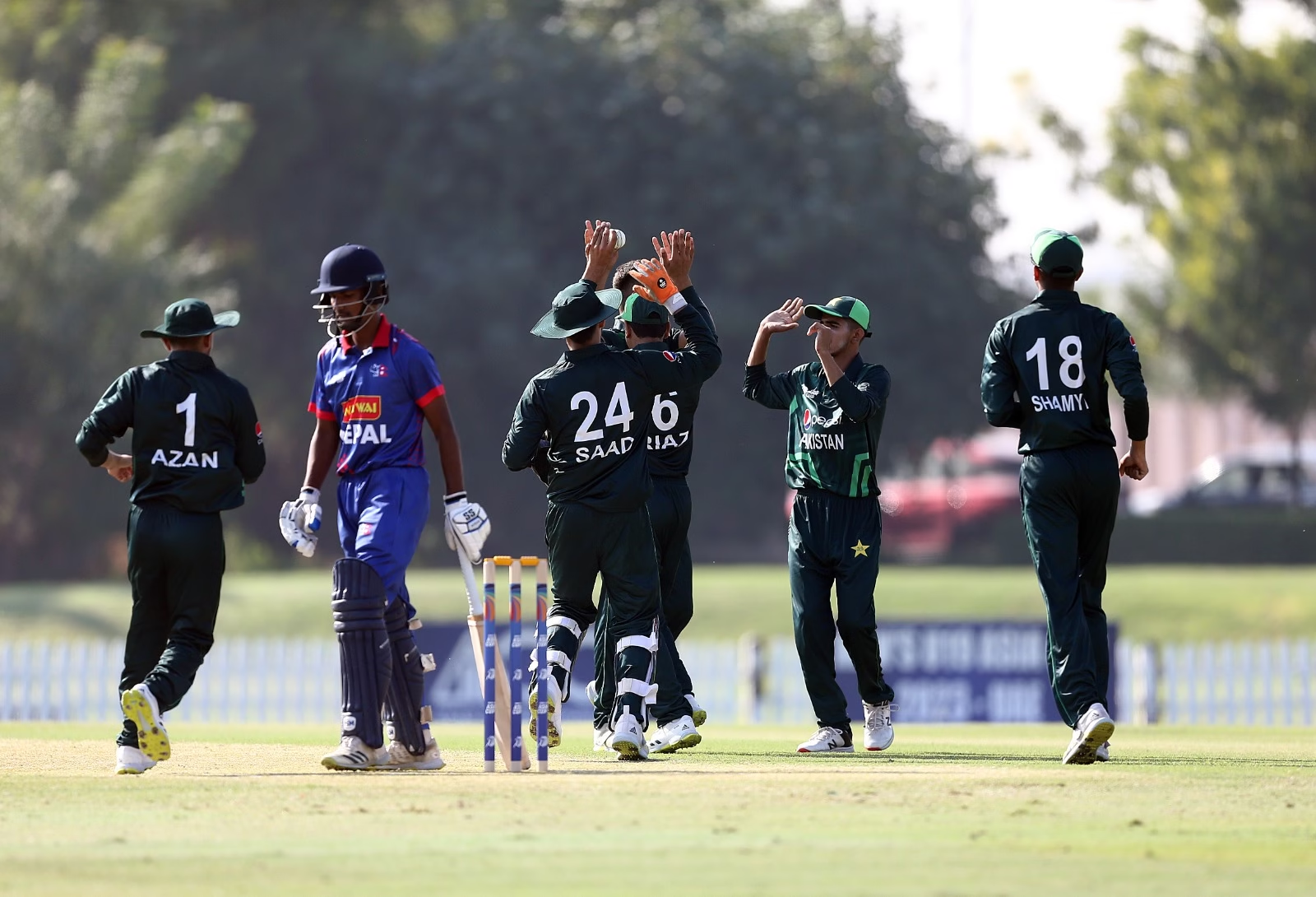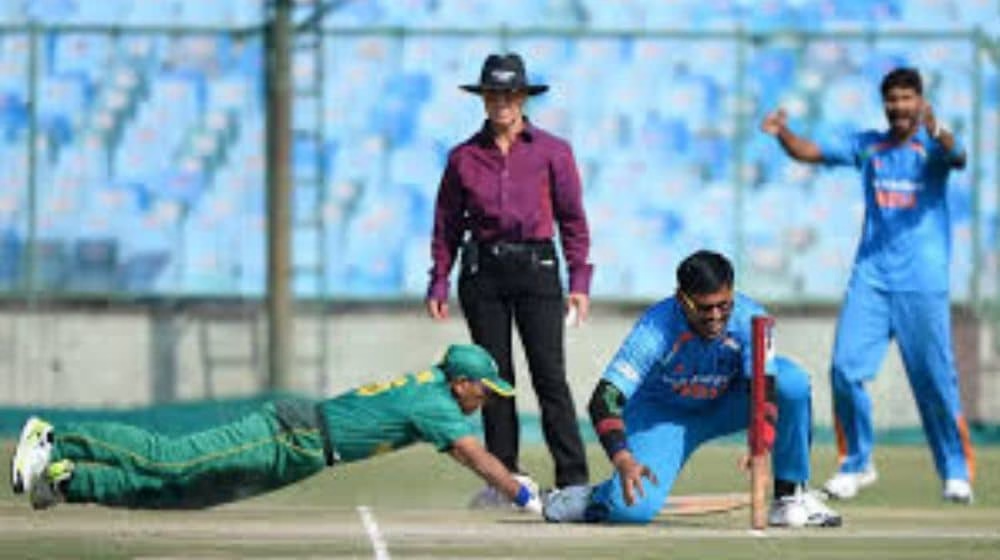The Pro Hockey League is not just a tournament—it’s a crucial opportunity for Pakistan to showcase its talent on the international stage. As the deadline from the International Hockey Federation (FIH) nears, the Pakistan Hockey Federation (PHF) is actively engaged in discussions with the government, hoping to finalize participation in this prestigious event. A decision on whether to compete in the Pro Hockey League is expected soon, and it may significantly influence the country’s hockey future.
A Key Step Towards Revival
According to recent statements made in Lahore, PHF President Tariq Bugti emphasized the importance of Pakistan’s participation in the Pro Hockey League. He noted that the tournament will provide international exposure to national players and will be instrumental in improving the team’s global ranking. This, in turn, could help revive the long-lost glory of Pakistan hockey.
Tariq Bugti confirmed that a dedicated budget of Rs. 350 million has already been submitted for the Pro Hockey League. Furthermore, the total estimated cost for all international events, including the Pro League, is expected to reach Rs. 700 million this year.
Why the Pro Hockey League Matters
The Pro Hockey League is an annual international field hockey competition organized by the FIH. It features top-ranking national teams competing in a home-and-away format. For countries like Pakistan, which have struggled to maintain a consistent presence in international hockey, the Pro League provides both visibility and a benchmark for progress.
Participating in this league will also allow young players to compete against the best in the world, which is essential for skill development and team coordination. In addition, the performance in the Pro League directly affects FIH world rankings, a metric that has implications for Olympic and World Cup qualifications.
Government Approval and Geopolitical Concerns
Despite the enthusiasm from the PHF, participation in the Pro Hockey League is still pending government approval. One major hurdle is the Asia Cup, which is scheduled to be held in India. Tariq Bugti clarified that the final decision regarding participation in the Asia Cup will also rest with the Pakistani government.
“There are a lot of things going on from India at the moment,” he said, referring to the ongoing political tensions. “The attitude shown during the matches in England was not positive. Although time is short, our players are practicing consistently.”
PHF has suggested that a delegation be sent to India to assess the situation on the ground. This will help determine whether conditions are suitable for Pakistan to safely send its team for the Asia Cup, and indirectly, for any other fixtures that might be held in India as part of the Pro League.
Financial Planning and Sustainability
Budget planning is a critical component of international sports participation. The PHF has proposed Rs. 350 million for the Pro League alone, with an additional Rs. 350 million needed for other events. This brings the total requirement to Rs. 700 million for the year.
This financial commitment shows the seriousness of PHF’s intent, but it also brings up questions about long-term sustainability. Hockey in Pakistan has suffered from years of neglect, limited sponsorships, and lack of facilities. Participation in events like the Pro Hockey League might encourage new sponsors and funding if the team performs well and garners public support.
Players Ready, But Time is Tight
Bugti has reassured that despite the uncertainty, the players remain in regular practice. This shows a level of professionalism and readiness that is encouraging. However, with the August 12 deadline issued by FIH fast approaching, decisions must be made swiftly.
Any delays could lead to missed opportunities not only for the team but for the entire sport in the country. The Pro Hockey League could be the turning point Pakistan hockey needs to rebuild its legacy.
A Chance That Must Not Be Missed
In conclusion, the Pro Hockey League presents a golden opportunity for Pakistan to re-establish itself in world hockey. While financial, political, and logistical challenges exist, the benefits of participation far outweigh the risks. Exposure, experience, and elevation in rankings could help Pakistan hockey regain momentum.
As the deadline looms and discussions continue between PHF and the government, fans and stakeholders alike await a decision that could shape the future of the sport in the country.



